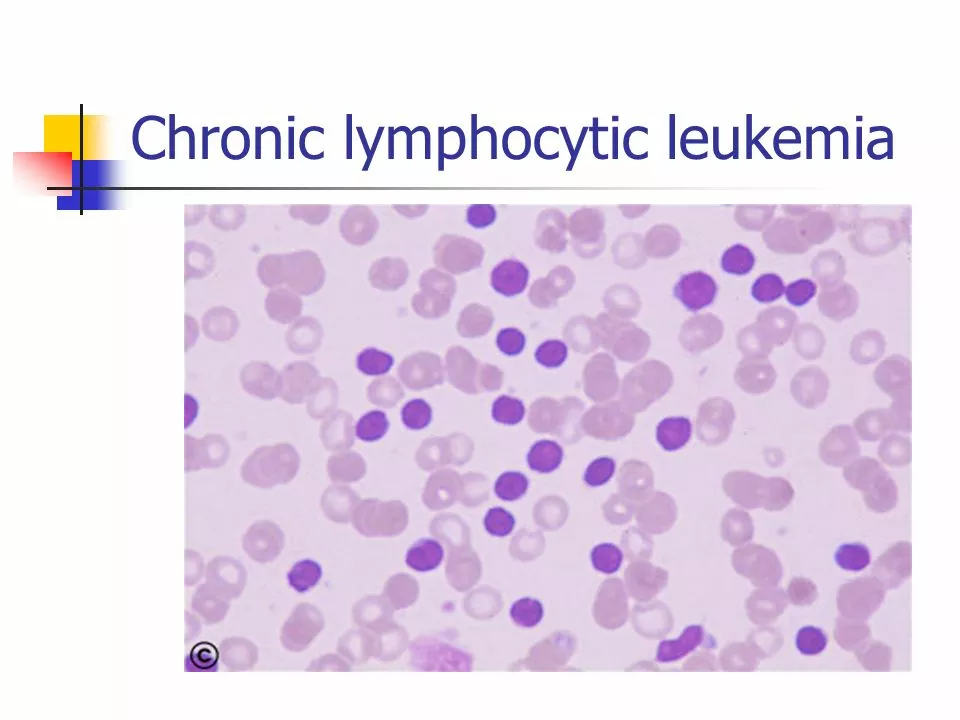Chronic Lymphocytic Leukemia: What You Need to Know
If you’ve just heard the term "chronic lymphocytic leukemia" (CLL) and feel a bit lost, you’re not alone. CLL is a type of blood cancer that mostly shows up in adults over 60, but it can appear earlier too. It starts when a certain white‑blood cell called a lymphocyte grows out of control and hangs around longer than it should.
Most people with early‑stage CLL don’t feel sick right away. A routine blood test might be the first clue—doctors often spot unusually high numbers of lymphocytes and then run more checks. If you’re waiting for results, try not to panic; many folks live years without needing aggressive treatment.
Common Signs and When to Get Checked
Typical signs include feeling unusually tired, getting infections that stick around, or noticing swollen lymph nodes in the neck, armpits, or groin. Some report unexplained weight loss or night sweats. If any of these sound familiar, book an appointment and ask for a complete blood count (CBC). It’s quick, cheap, and can point the doctor toward CLL.
Doctors also look at something called the "smudge cell" under a microscope – it’s a classic hint of CLL. Modern labs use flow cytometry to confirm the diagnosis by checking specific markers on the cells. The process sounds technical, but you’ll get clear explanations from your hematologist.
Treatment Options and Living with CLL
Not every case needs immediate therapy. Many doctors adopt a "watch‑and‑wait" approach for low‑risk patients, monitoring blood counts every few months. When treatment becomes necessary, options include chemo‑immunotherapy combos like fludarabine plus rituximab, targeted drugs such as ibrutinib or venetoclax, and newer oral agents that hit specific pathways in the cancer cells.
Side effects vary – some people feel nausea or low blood counts, while others experience mild fatigue. Talk to your doctor about dose adjustments or supportive meds like growth‑factor injections if you get infections often.
Beyond drugs, lifestyle tweaks help manage CLL. Keep up with a balanced diet rich in fruits and veggies, stay active with low‑impact exercises, and get enough sleep. Avoid smoking and limit alcohol, as both can strain the immune system.
Support matters, too. Joining an online forum or local support group lets you share experiences and pick up practical tips. Many patients find that simply talking about their worries eases anxiety.
If you’re caring for someone with CLL, stay organized – keep a list of appointments, medication schedules, and any side‑effect notes. This makes doctor visits smoother and helps catch issues early.
Remember, CLL is chronic, meaning it lasts a long time, but many live full lives with proper monitoring and treatment. Keep the conversation open with your healthcare team, ask questions whenever something isn’t clear, and don’t hesitate to seek second opinions if you feel unsure.
Bottom line: knowing the basics, watching for symptoms, and staying proactive with check‑ups give you the best chance at a manageable CLL journey. Stay informed, stay connected, and take one day at a time.


